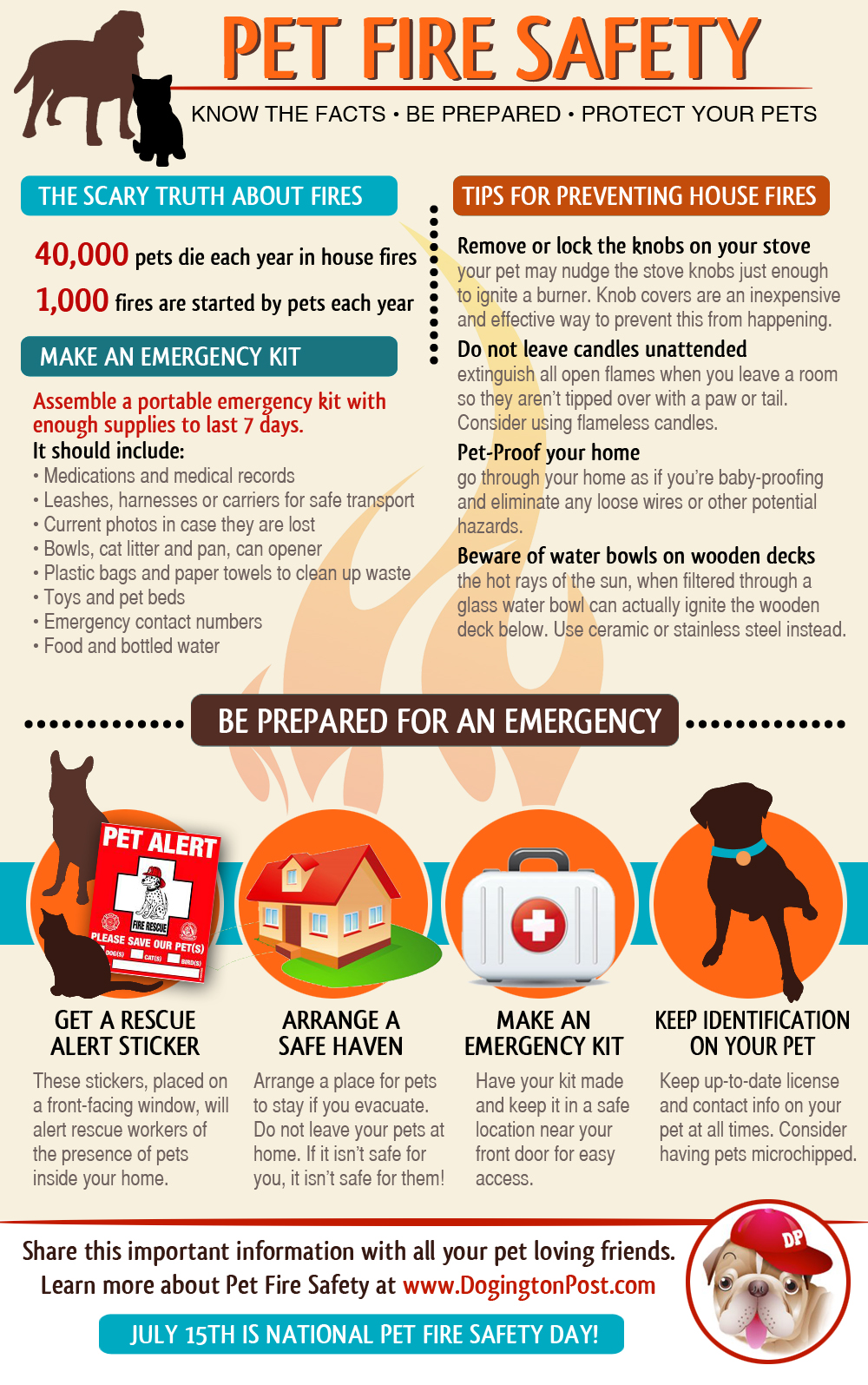Act Now To Be Prepared
- Buy and carefully maintain a quality smoke detector.
- Learn what causes fire.
- Inspect your home to eliminate or control fire hazards.
- Install at least 5-pound A-B-C type fire extinguishers in the home and teach family members how to use them.
- Establish a well-planned escape route with the entire family.
- Hold practice fire drills until all family members are thoroughly familiar with plan.
- If your have an older home, have the wiring checked by a qualified electrician to make sure it meets current building codes.
- Have your chimney and fireplace cleaned and inspected yearly for creosote build-up, cracks, crumbling bricks or mortar and any obstructions.
- Keep storage areas clean and tidy.
- Keep curtains, towels and pot holders away from hot surfaces.
- Store solvents and flammable cleaners away form heat sources. NEVER keep gasoline in the house.
- Inspect extension cords for frayed or exposed wires or loose plugs.
- Keep an eye on your cooking and stay in the kitchen.
- Wear short or close-fitting sleeves when cooking. Loose clothing can catch fire.
After a Fire
- DO NOT enter a fire-damaged building unless authorities say it is OK.
- When entering a fire-damaged building, look for signs of heat or smoke.
- Have an electrician check your household wiring before the current is turned back on. DO NOT attempt to reconnect any utilities yourself. Leave this to the fire department and other authorities.
- Beware of structural damage. Roofs and floors may be weakened and need repair.
- Contact your local disaster relief service, such as the American Red Cross or Salvation Army, if you need housing, food, or personal items, which were destroyed in the fire.
- Call your insurance agent. Keep records of all clean up and repair costs.
- DO NOT throw away any damaged goods until an official inventory has been taken.
- If you are a tenant, contact the landlord.
- Secure personal belongings or move them to another location.
|
What To Do (If There is a Fire)
- Remain CALM, but take IMMEDIATE action.
Home or High-Rise Fire
- If you smell smoke or the smoke detector goes off, call the fire department and activate the nearest pull-station at once.
- Before you open the door, feel the door by using the back of your hand.
- If the door is hot or warm, DO NOT open the door.
- If the door is cool, open it just a little to check the hallway. If you see smoke, DO NOT leave.
- If there is no smoke in the hallway, leave and close the door. Go directly to the stairs to leave.
- If you cant escape, use-wet towels or tape to seal the door and any room supply vent.
- If you have a balcony and there is no fire below it, go out.
- If there is fire below, go to the window. DO NOT open the window, but stay near the window.
- If there is no fire below, go to the window and open it. Stay near the open window.
- Hang a blanket or a towel out of the window to let people know that you are there and need help.
- Be calm and wait for someone to rescue you.
- NEVER use the elevator.
Cooking Fire
- Call the fire department immediately.
- Slide a pan lid over flames to smother a grease or oil fire, then turn off the heat and leave the lid in place until the pan cools. NEVER carry the pan outside.
- Extinguish other food fires with baking soda. NEVER use water or flour on cooking fires.
- Keep the oven door shut and turn off the heat to smother an oven or broiler fire.
|


